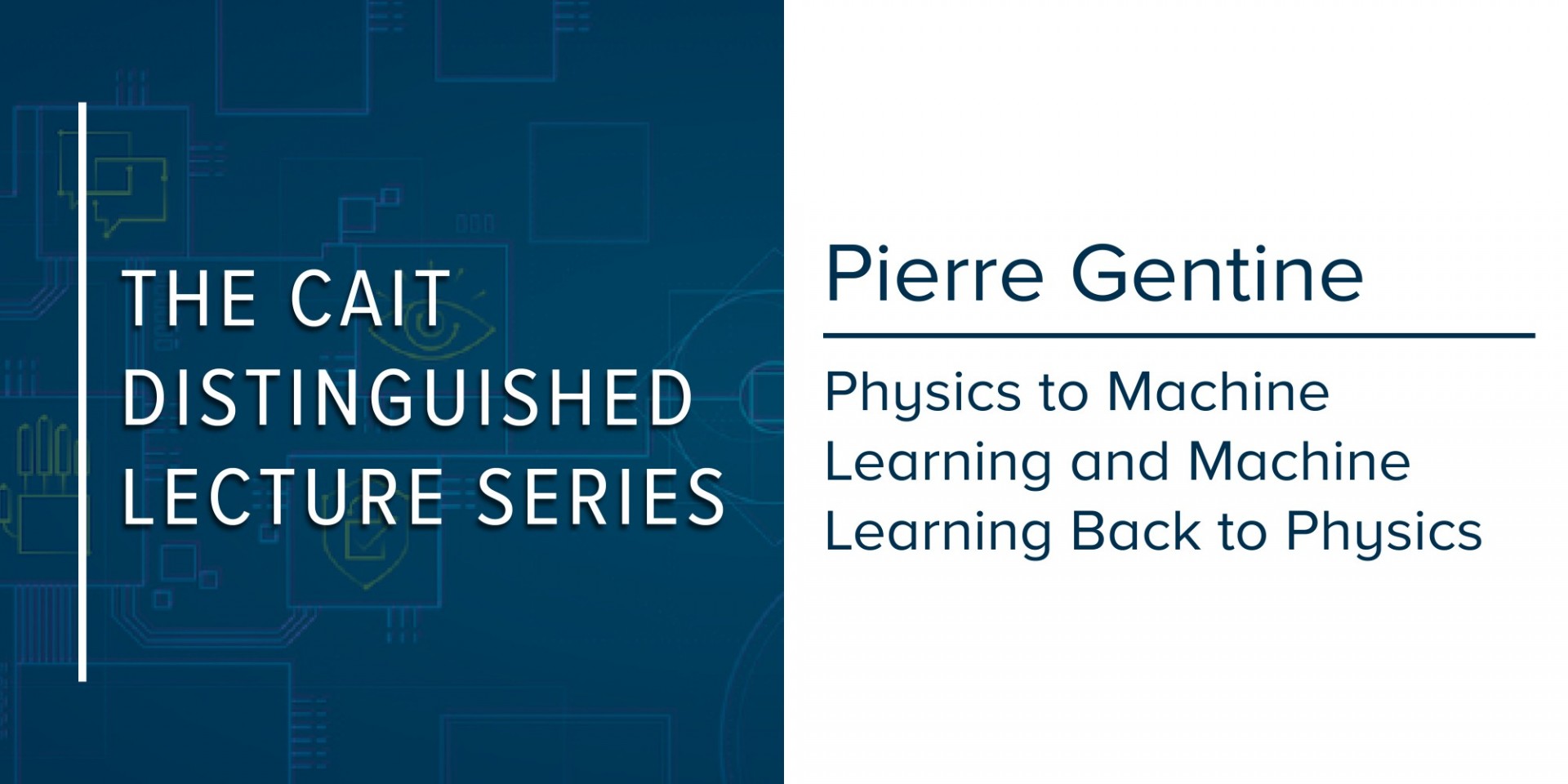Over the last couple of years, we have witnessed an explosion in the use of machine learning for Earth system science application ranging from Earth monitoring to modeling. Machine learning has shown tremendous success in emulating complex physics such as atmospheric convection or terrestrial carbon and water fluxes using satellite or high-fidelity simulations in a supervised framework. However, machine learning, especially deep learning, is opaque (the so-called black box issue) and thus a question remains: what (new) understanding have we really developed?
In this lecture, Professor Gentine illustrates the value of machine learning for specific examples and some of the needed advances in machine learning to push climate science forward.
Pierre Gentine is the Maurice Ewing and J. Lamar Worzel professor of geophysics in the departments of Earth and Environmental Engineering and Earth and Environmental Sciences at Columbia University. He studies the terrestrial water and carbon cycles and their changes with climate change. Pierre Gentine is recipient of the National Science Foundation (NSF), NASA and Department of energy (DOE) early career awards, as well as the American Geophysical Union Global Environmental Changes Early Career, Macelwane medal and American Meteorological Society Meisinger award. He is the director of the new NSF Science and Technology Center (STC) for Learning the Earth with Artificial intelligence and Physics (LEAP), the largest funding mechanism of the NSF.
Did you miss the lecture? View it on YouTube at this link.
The CAIT Distinguished Lecture Series seeks to promote education and learning on the state of artificial intelligence technology through lectures from both academic and industry researchers and experts. Lectures are held throughout the academic year and are open to the public.
